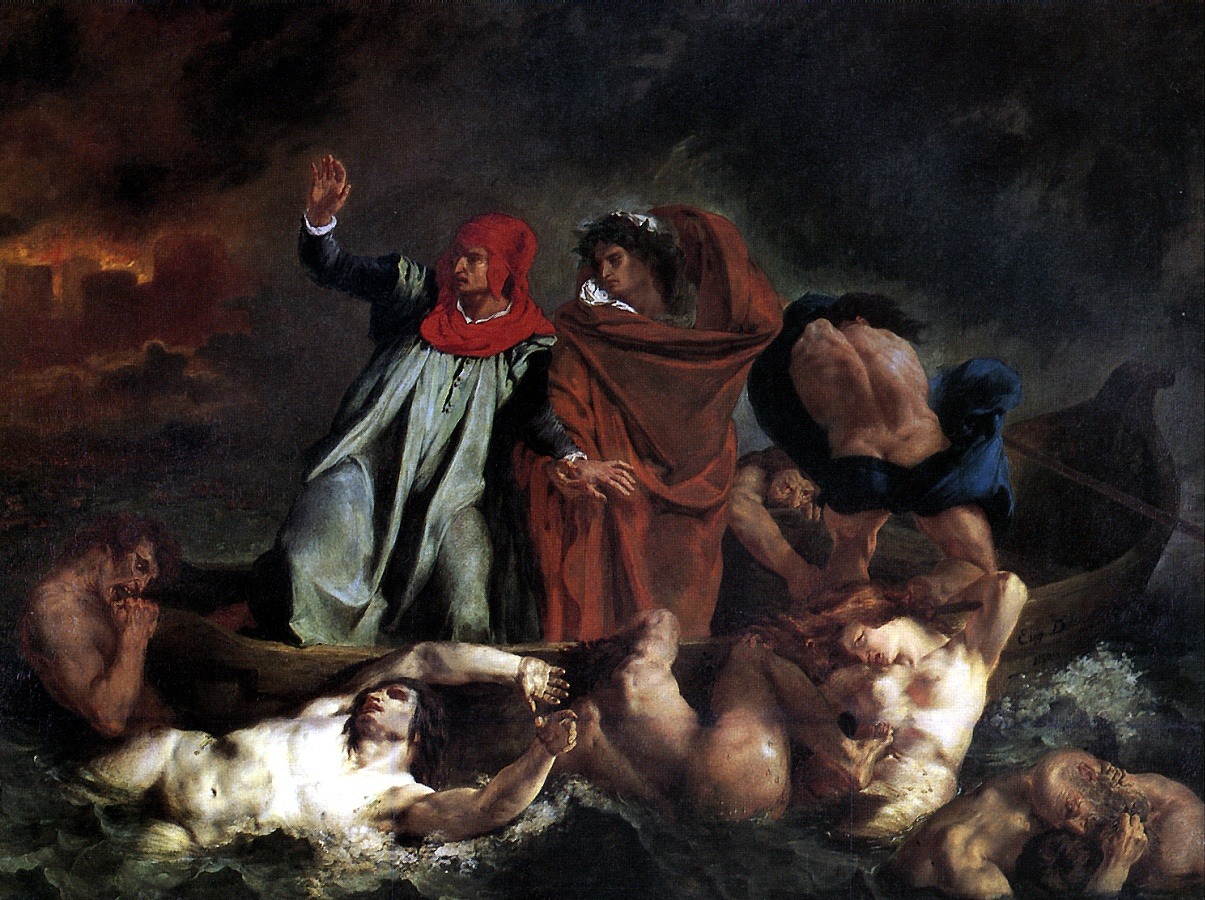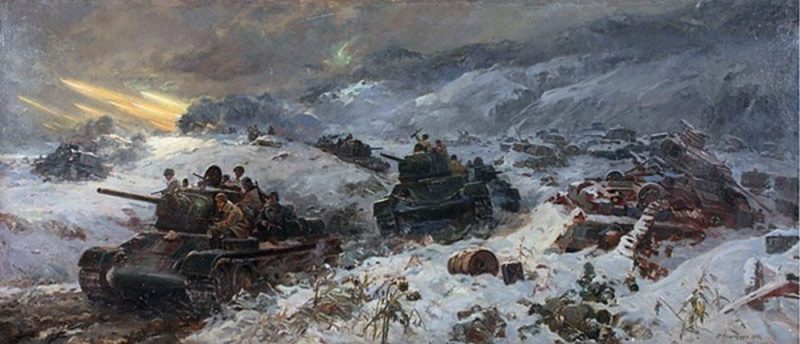25.05.2024, Aleksandrovskoye.
After the eras of the God, Mind, and History are over, an era of emptiness comes, and Nazism takes the historical scene, the leader of the Essence of Time movement, political scientist and philosopher Sergey Kurginyan said on May 9 in his celebratory address on the Victory Day.
The era of the God was quite long by historical standards, “the era of common religious ascent,” the philosopher suggests.
“In that era, huge masses of people went to die for the sake liberating the Holy Sepulcher. As Shakespeare’s hero said on a similar issue, ‘What’s Hecuba to him, or he to Hecuba, that he should weep for her?’ Why would they care for that Holy Sepulcher? But this idea inspired their hearts, and they went, and went, and went. And these cathedrals were full of passionately religious people, but now they are half-empty,” Kurginyan describes the values of the era of the God. “We live in a different era, not an era of God,” the concludes.
Later, the Mind was set on the pedestal, and the era of the Mind, according to Kurginyan, did not last long, until 1914 when World War One began.
“Next, History was set on the pedestal, which in fact never left it, because Christianity as well as all the leading global religions has a concept of directionality (the arrow of time),” Kurginyan believes. “We are moving through history towards a great dream, be it the Second Coming or something else, but it is a great dream. And history was moving towards this dream. In 1917, Communism became that dream.”
However, this ascending historical movement was stopped when a Japanese “clerk from political science and philosophy” Francis Fukuyama announced “the end of history.” Speaking about this, he “referred to both Hegel’s end of history and to Kojève who also discussed what it was.”
According to Kurginyan, “after the eras of the God, Mind, and History are over, an era of emptiness comes, and this is an era when Nazism is revived, because it feels at home in this era, in these troubled times.”
Similar ideas, Kurginyan reminds, were expressed by “a major although ambiguous” German philosopher Martin Heidegger.
“[Heidegger] said about this that the last metaphysics after all the others are gone will be the metaphysics of power for the sake of power, a metaphysics of blatant, loose and absolutely unrestricted domination, and thus a metaphysics of death. This is why the Spanish Falangists said ‘Viva la muerte!’ (‘Long live death!), this was an absolutely new slogan that marked a fundamentally new kind of an era,” Kurginyan noted.
According to the philosopher, it was exactly the collapse of the Soviet Union that opened the way for the end of history, an absolute rise of emptiness “so comfortably bearing the metaphysics of the will to power, of domination for the sake of domination, of the power of the master over the slave.”
Source: Rossa Primavera News Agency




